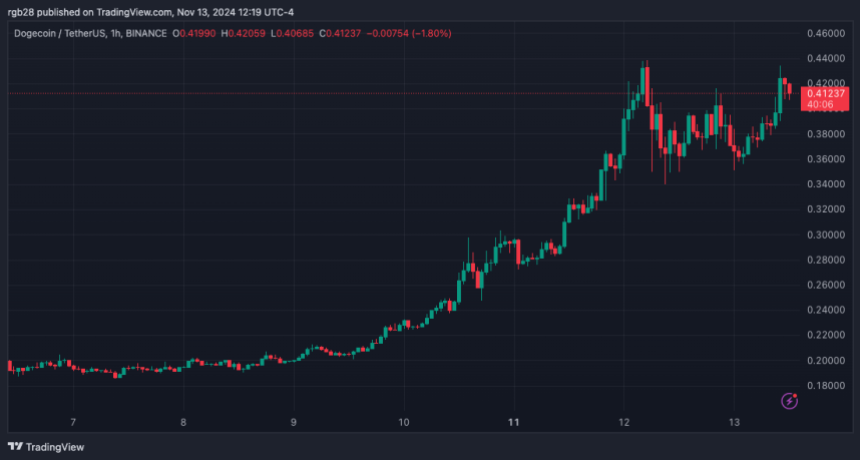
- South Korea confirms 2025 cryptocurrency tax implementation despite previous delays.
- Tax exemption limit raised to $35,919, shielding smaller investors significantly.
South Korea’s ruling Democratic Party of Korea (DPK) plans to proceed with the implementation of a cryptocurrency gains tax from January 2025, following delays due to resistance from investors and industry stakeholders. The Seoul Shinmun reported Wednesday that the DPK remains committed to enforcing the tax despite earlier discussions about further postponements.
Originally, the 20% tax on cryptocurrency gains, with an additional 2% local tax, was scheduled to begin on January 1, 2022. However, strong opposition from the public and industry experts led to its postponement twice. It is ultimately rescheduling its start date to January 1, 2025. Proposals had been floated for further delays, with one suggestion extending the deadline to 2028. However, the ruling party appears resolved to move forward as planned.
Moreover, the government has proposed amendments to ease concerns about the tax’s impact on investors. Under the revised plan, the tax-exempt limit for cryptocurrency gains will increase significantly—from 2.5 million Korean won ($1,795) to 50 million won ($35,919). This move aims to shield smaller investors from taxation, aligning with efforts to address industry criticisms. And create a more supportive environment for crypto trading and investment.
General Voting To Be Done On Nov 26
Given the volatile nature of cryptocurrency markets, the amendment also introduces flexibility for taxpayers in calculating their liabilities. In cases where exact purchase records are unavailable, taxpayers will reportedly be allowed to use a percentage of the sale price as a proxy for the acquisition cost.
The DPK has justified the increased exemption threshold, stating that raising the limit to 50 million won would result in only a small fraction of investors being subject to the tax. In their view, this adjustment significantly alleviates concerns without undermining the tax framework’s broader intent.
The amended plan is expected to be reviewed by the National Assembly’s tax subcommittee on November 25. It is followed by a general vote on November 26. As the implementation date draws closer, industry participants will closely monitor developments.
Highlighted News Of The Day
Will Cardano (ADA) Reclaim $1 as Whale Interest Grows?




